In the summer of 2014, Islamic State (IS) blindsided Iran by occupying a third of neighbouring Iraq. The self-styled caliphate captured a town only 20 miles from the border with Iran named Jalawla, where Islam’s second caliph Omar defeated the Persian Empire in 637. Jalawla was also where, 1,377 years later, the Iraqi dictator Saddam Hussein had invaded Iran. For Iranians, the enemy was once more at the gates.
Within days, Tehran dispatched Qasim Soleimani, the commander of its overseas paramilitary forces. There he co-ordinated the supply of 140 tons of military equipment per day to the Iraqi army and Shia paramilitary groups: small arms, mortars, Ababil surveillance drones and tank and artillery ammunition. The United States-led international coalition against IS would pick up the slack later in 2014. But right then Iran’s early intervention, led by Soleimani, was the only thing keeping Iraq together.
Iran also began deploying Soleimani on another front: launching a propaganda war centring on the self-styled “noble warrior,” a man who could appeal to both nationalists and religious conservatives. The “Commander of Hearts” became a fixture on domestic news. Iranian elites who would refer to him tongue-in-cheek as “Soleiman the Magnificent,” after the Ottoman sultan who so intimidated Europe, presented him as the nation’s protector against the barbarism of IS and the imperialism of the US. Tehran authorised the translation into Farsi of western articles that cast Soleimani as a formidable agent of Iranian regional power.
Instagram accounts dedicated to him sprung up, many with hundreds of thousands of followers. They showed Soleimani posing with children; Soleimani reading Gabriel García Márquez; Soleimani in a Palestinian keffiyeh; and Soleimani posing alongside Iran-backed paramilitary fighters in Iraq and Syria. Increasingly, he was also held up as a pious and humble servant of the Islamic Republic. When a state-run news agency asked his father why America feared him so much, he responded: “They’re afraid of Islam, not of my son.” Soleimani has enemies closer to home too—in October Iranian officials claimed they had foiled an assassination attempt against Soleimani, pinnng the blame on Israeli and Arab agents.
Tensions with Iran have been growing since Donald Trump’s decision last year to pull out of the nuclear deal. His subsequent campaign of “maximum pressure” has included the imposition of sanctions that have gutted Iran’s middle class and created poverty unseen for decades. Tehran has responded by using military force against US economic interests—the recent bombing of US giant ExxonMobil in Iraq and attacks on pipelines and refineries in Saudi Arabia appear designed to bounce Trump into a wider security deal that will perhaps lead to a fresh agreement between Iran and the US.
But if that strategy fails the Middle East could be enveloped by a war on an unspeakable scale. And Soleimani would be the man leading the Iranians into battle. Has the US fundamentally misconceived the motives of this commander and by extension Iran itself? And will that miscalculation lead to the US—and perhaps the UK—stumbling into a war with an enemy we don’t understand?
1
Within days, Tehran dispatched Qasim Soleimani, the commander of its overseas paramilitary forces. There he co-ordinated the supply of 140 tons of military equipment per day to the Iraqi army and Shia paramilitary groups: small arms, mortars, Ababil surveillance drones and tank and artillery ammunition. The United States-led international coalition against IS would pick up the slack later in 2014. But right then Iran’s early intervention, led by Soleimani, was the only thing keeping Iraq together.
Iran also began deploying Soleimani on another front: launching a propaganda war centring on the self-styled “noble warrior,” a man who could appeal to both nationalists and religious conservatives. The “Commander of Hearts” became a fixture on domestic news. Iranian elites who would refer to him tongue-in-cheek as “Soleiman the Magnificent,” after the Ottoman sultan who so intimidated Europe, presented him as the nation’s protector against the barbarism of IS and the imperialism of the US. Tehran authorised the translation into Farsi of western articles that cast Soleimani as a formidable agent of Iranian regional power.
Instagram accounts dedicated to him sprung up, many with hundreds of thousands of followers. They showed Soleimani posing with children; Soleimani reading Gabriel García Márquez; Soleimani in a Palestinian keffiyeh; and Soleimani posing alongside Iran-backed paramilitary fighters in Iraq and Syria. Increasingly, he was also held up as a pious and humble servant of the Islamic Republic. When a state-run news agency asked his father why America feared him so much, he responded: “They’re afraid of Islam, not of my son.” Soleimani has enemies closer to home too—in October Iranian officials claimed they had foiled an assassination attempt against Soleimani, pinnng the blame on Israeli and Arab agents.
Tensions with Iran have been growing since Donald Trump’s decision last year to pull out of the nuclear deal. His subsequent campaign of “maximum pressure” has included the imposition of sanctions that have gutted Iran’s middle class and created poverty unseen for decades. Tehran has responded by using military force against US economic interests—the recent bombing of US giant ExxonMobil in Iraq and attacks on pipelines and refineries in Saudi Arabia appear designed to bounce Trump into a wider security deal that will perhaps lead to a fresh agreement between Iran and the US.
But if that strategy fails the Middle East could be enveloped by a war on an unspeakable scale. And Soleimani would be the man leading the Iranians into battle. Has the US fundamentally misconceived the motives of this commander and by extension Iran itself? And will that miscalculation lead to the US—and perhaps the UK—stumbling into a war with an enemy we don’t understand?
1
America
Donald J. Trump
Donald Trump
Europe
General Qasim Soleimani
General Qassem Soleimani
general soleimani
Haj Qasem soleimani
Haj Qassem Soleimani
IRAN
Iranians
Iraq
Iraqi
Islamic Republic
Islamic State
middle east
Palestinian
poster soleimani
Saddam Hussein
Syria
Tehran
trump
United States
US
USA

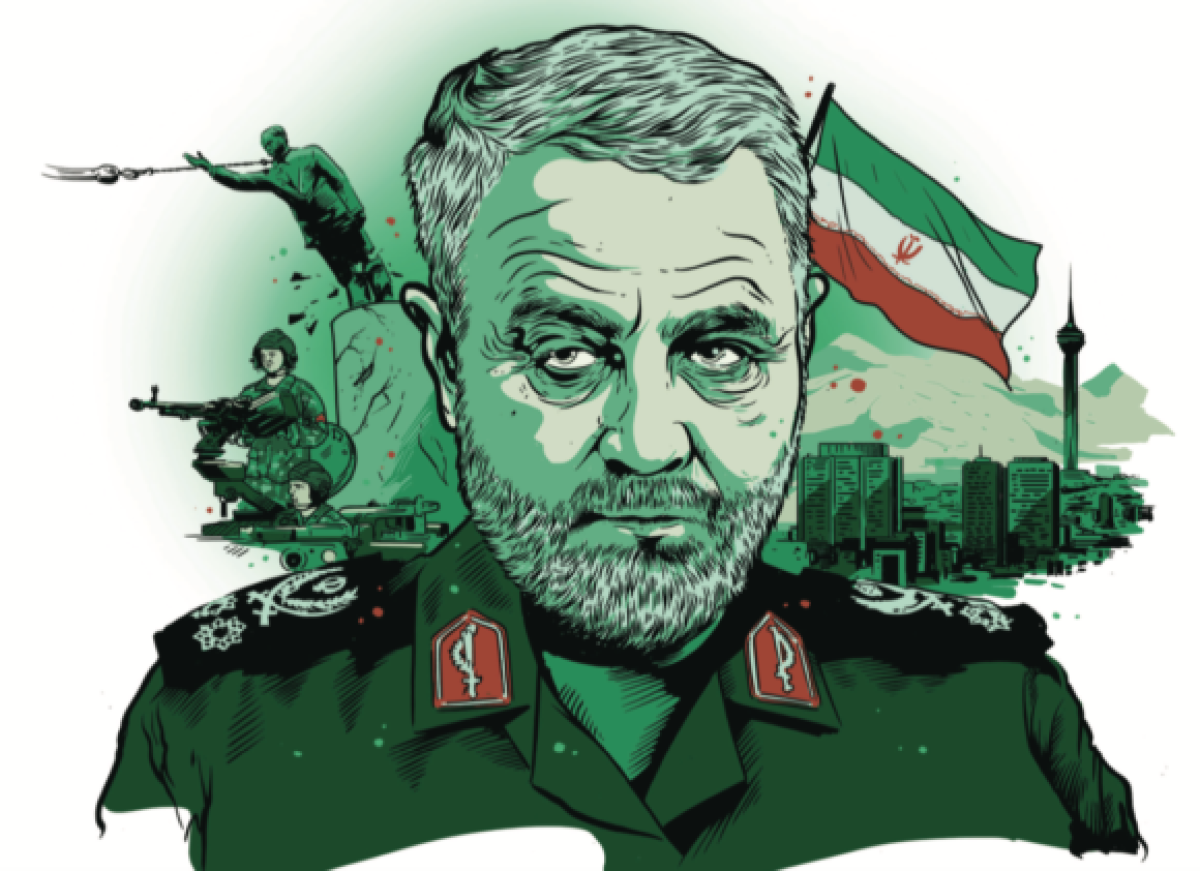
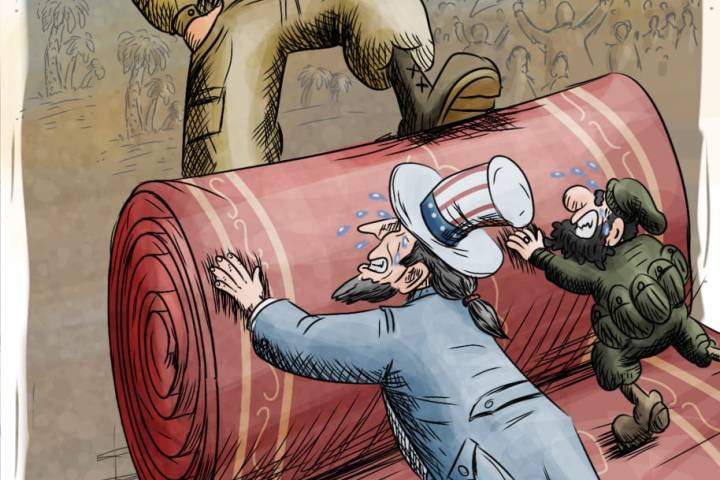
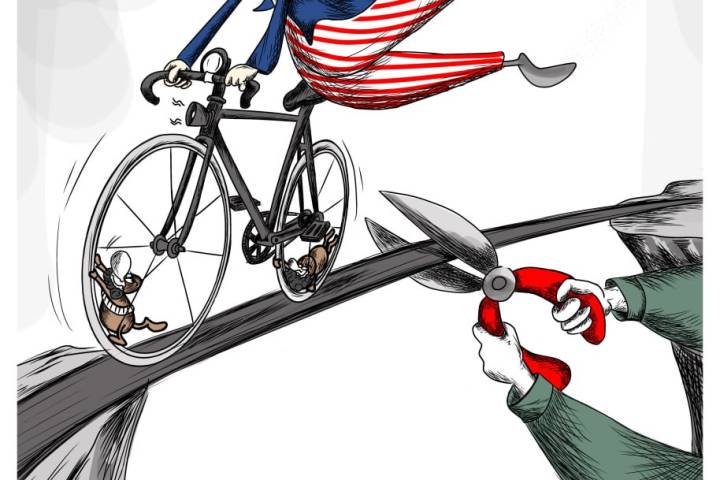
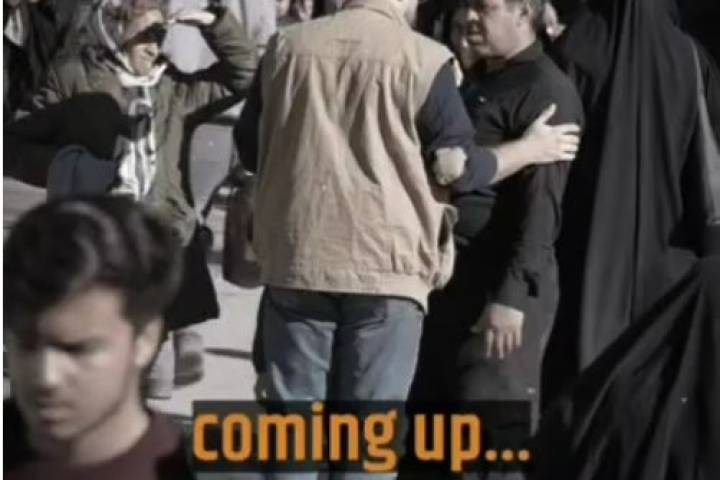
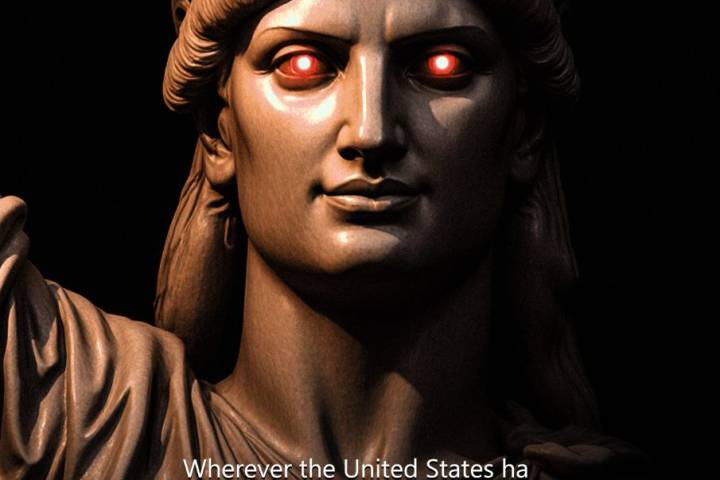
Comment
Post a comment for this article